Retinol is one of the best anti-aging skincare ingredients, but it’s also pretty infamous for causing skin irritation. Today I’m sharing 5 best retinol products for those with sensitive skin.
I’m here to help you understand your skin and find products that work for you. When we’re thinking about incorporating retinol into our skincare routine it’s not just about what product we’re using but how we’re introducing that product to our routine. Before we jump into the products and talk about how to use them successfully we do want to do a quick overview of what retinol is and why it works so well for anti-aging our skin.
What is a Retinoid?
Retinoids are vitamin A- derived molecules that help accelerate skin renewal. There is a category of skincare ingredient called retinoids, and within that category, there are various different types of retinoids, retinol being one of those.
Within the United States, some of those retinoids are only available via prescriptions such as tazarotene and tretinoin, but retinol is available over the counter.
The reason retinoids are so popular, especially in the anti-aging skincare discussion is because Retinoids help address many different signs of premature skin aging. They work by speeding up cell turnover within the skin and they promote collagen production. This allows them to be beneficial in addressing many different types of skin concerns. This includes things like fine lines & wrinkles, irregular pigmentation, dullness, and loss of skin elasticity and firmness.
Prescription and prescription-strength retinoids like adapalene, tretinoin, and tazarotene can also be used in the treatment of acne whereas retinol and retinaldehyde have not consistently shown abilities to improve acne, but still help with a lot of those aging concerns.
The focus of this blog is really how to incorporate retinol into your skincare routine if you’re trying to address those premature signs of aging. As skincare-basics.com, we are not trying to demonize getting older or looking a little bit older. We completely know that this is naturally going to happen, but we also know as a human being that we want to feel good in our skin and we want our skin to look and feel as healthy as possible. When we’re using the term anti-aging it’s not to say that we shouldn’t be getting older, but we want to optimize the appearance of our skin as much as possible.
Why Do Retinoids Cause Irritation?
Now the main issue that arises when trying to incorporate a prescription retinoid or an over-the-counter retinoid into your skincare routine is that they have the potential to cause irritation in the skin.
It’s a very unique process that goes on when your skin starts to adapt to a topical retinoid, it’s actually called “retinization” and when that happens, because your skin cell turnover is sped up, you will often experience things like peeling or flaking of the skin as well as redness sensitivity and even stinging and burning. Even though the retinization happens to every single person who starts a retinoid, the degree to which it happens can really vary. Some people will never actually feel their skin retinizating, even though it’s happening at a microscopic level.
Although so many people struggle when they introduce a retinoid into their skincare routine, some people are blessed and have no issues with it, and then they think their retinoid isn’t working because they never struggled with that introduction period. We assure you that the retinization process does not last forever. For most people, after about four to eight weeks of consistent use of their retinoid their skin will adapt to it and they will no longer struggle to incorporate it into their skincare routine and their skin will feel good when using it.
This also means that if you are to stop your retinoid for a prolonged period usually more than one month you may need to go through that retinization process again when you reintroduce it to your routine.
Now if you have seen someone go through the retinization period or you have experienced it, you can understand why we want to talk about some strategies to introduce a retinoid successfully into your routine if you have sensitive skin.
How to Introduce a Retinoid into Your Routine
If you have sensitive skin you definitely want to start out by choosing a gentle formula. These will generally have a lower concentration of retinoid within them or there will be other aspects of the formula that allow it to be more gentle. That means they’re using encapsulated molecules for better penetration but slower and more regular penetration, or it might also be the vehicle that the retinoid is contained within, so it’s a rich cream, or it might be very moisturizing which is going to support the skin while you introduce it to your routine.
We also really like starting someone out with something like retinol as opposed to a prescription-strength retinoid because it tends to be more gentle. When you put retinol on your skin, within your skin it needs to be converted to its active form retinoic acid. During those conversion steps, you lose a little bit of the active form but that also helps it be less intense for your skin. Always when starting a retinoid we want to start one to two nights a week and slowly work our way up as tolerated. You can do things like apply a moisturizer before you put your retinoid on versus putting your retinoid directly on your bare skin.
Once you have your strategy down of how you’re going to incorporate your retinol into your skincare routine let’s check out some good retinol choices for you if you have sensitive skin.
Disclaimer: In the name of full transparency, please note that this post contains affiliate links and any purchase made through such links will result in a small commission for us.
5 Best Retinol Products for Sensitive Skin
One of our all-time favorite retinol products for sensitive skin is Stratia Night Shift. This formula contains 0.15% encapsulated retinol. The beauty of this product really lies in what else is contained in this formula. It has such beautiful skin barrier support ingredients like ceramides, allantoin, and marula oil. When you put it on it feels like you’re putting on a plushy creamy moisturizer. When you apply this you’re not only getting exposure to retinol but you are also getting these really lovely moisturizing ingredients as well.
Now if you’re looking for a retinol that’s a little more lightweight we are huge fans of the Naturium Retinol Complex Cream. This cream almost feels more like a thick serum on the skin and in addition to retinol, it also has an ingredient called bakuchiol. Some brands will refer to bakuchiol as a plant-derived retinol. In reality, it’s a molecule that can mimic some of the positive skin effects that retinol offers. It’s much less studied than something like retinol or tretinoin, but there still is good evidence that it can be efficacious for the skin when it comes to anti-aging. This product also has some other really great skin barrier support ingredients that are going to help you tolerate the retinol better. It has things like dimethicone and shea butter, it also has glycerin and squalling, and sunflower seed oil which is one of our favorite plant oils to support the skin.
If you’re looking for a retinol that has a serum texture and in our opinion feels incredibly luxurious on the skin the product you need is Summer Fridays Midnight Ritual Retinol. There are amazing plant oils that it has but of course, it also has retinol and a retinol derivative called retinyl linoleate.
Another retinol serum option that we really really love is 0.3% Retinol Complex Serum by First Aid Beauty. We think the technology in this product is really interesting because it not only uses retinol but also uses something called retinyl propionate. Retinyl propionate is another ingredient that falls under that retinoid umbrella, but it works slightly differently in the skin. It’s a bit more stable it’s a little bit slower, and therefore a lot more gentle. We also really like how lightweight this serum is so you can easily layer it with your favorite moisturizer or other barrier support products to help your skin tolerate your retinol better.
The final retinol we are going to talk about is the CeraVe Resurfacing Retinol. This product uses 0.3% retinol and this is the highest concentration of pure retinol that we are mentioning in this blog. We still find this specific formula to be really gentle, it has those classic ceramides in it, as well as niacinamide to support the Skin Barrier.
Conclusion
Those are five retinol products that we like for sensitive skin. They’re all a little bit different. You can tell that their textures are a little bit different, they have slightly different ingredient technology, but we think all of them would work well if you have sensitive skin.
If you’re able to tolerate the Stratia Night Shift every single night with no issues you can bump up the intensity to the CeraVe Resurfacing Retinol. If you’re not able to get used to the Stratia Night Shift, you need to knock it down in intensity, you should go to Naturium. If Naturium is also too intense for you, you should go to First Aid Beauty. And the most gentle retinol product that we mentioned in this blog is Summer Fridays.
We hope this blog is helpful for those who are planning to introduce retinol to their skincare routine.
Disclaimer: In the name of full transparency, please note that this post contains affiliate links and any purchase made through such links will result in a small commission for us.

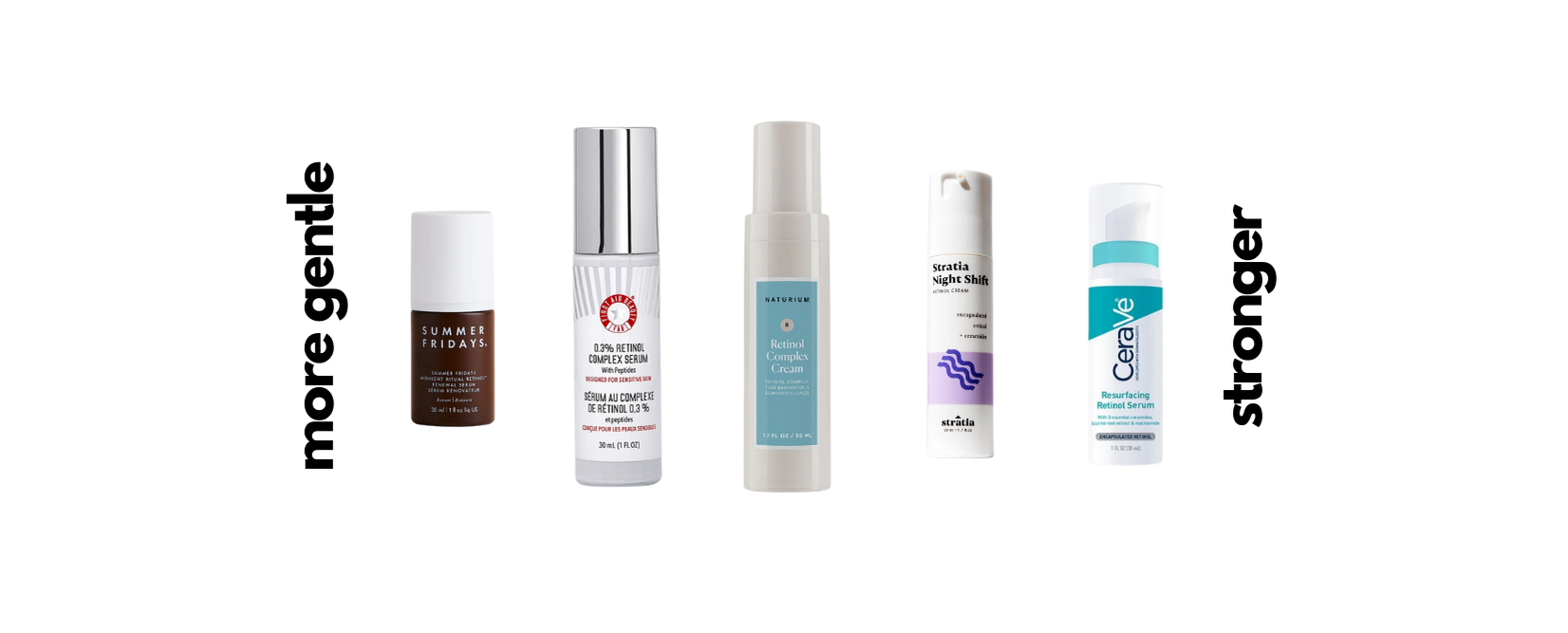

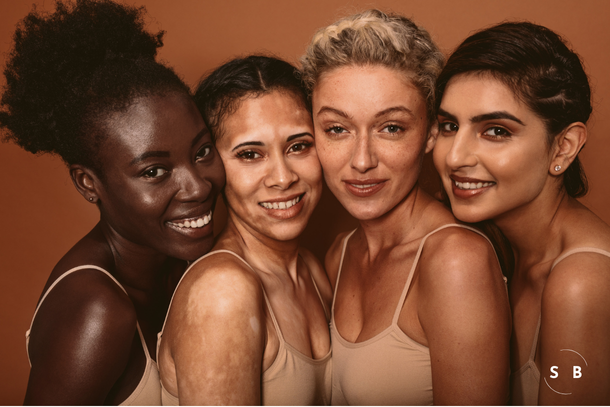
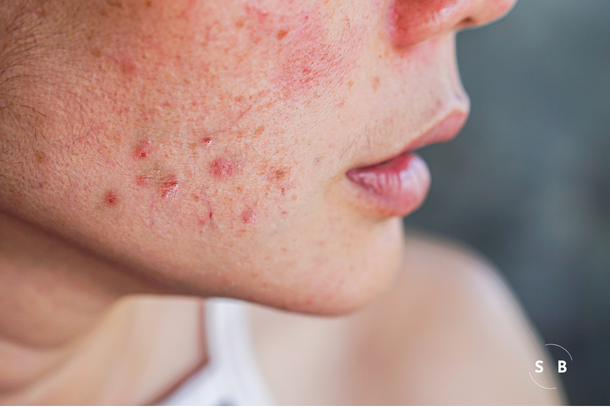
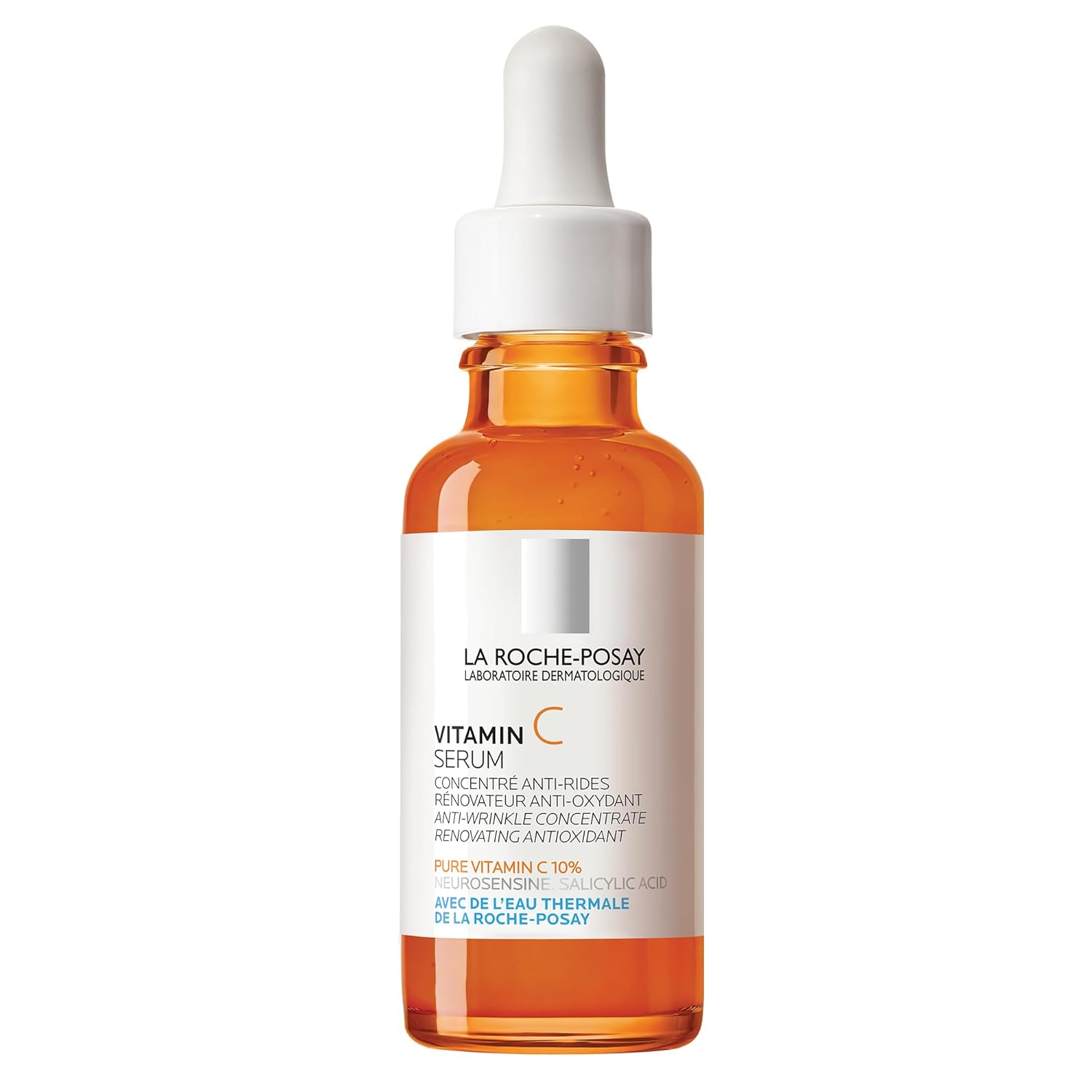
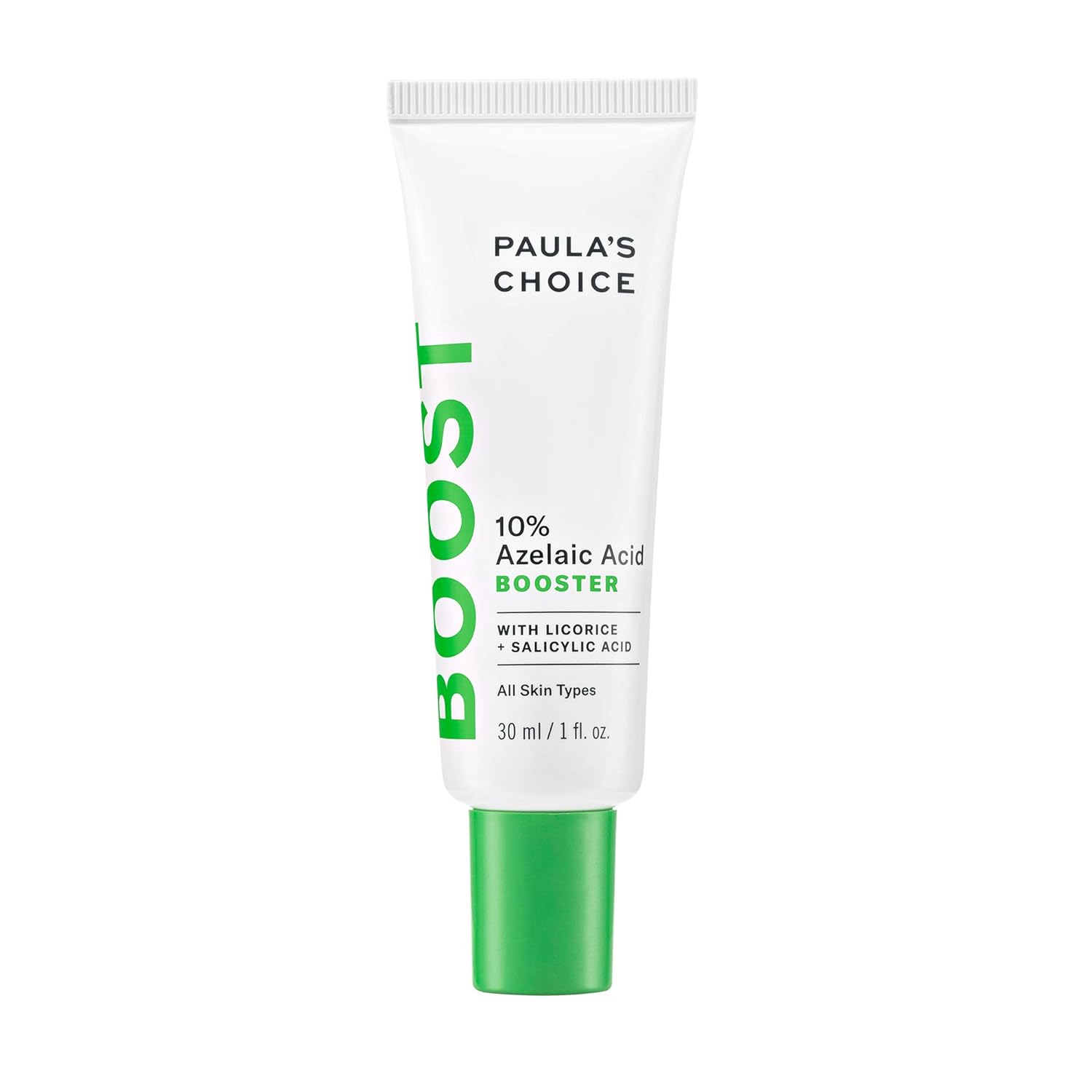
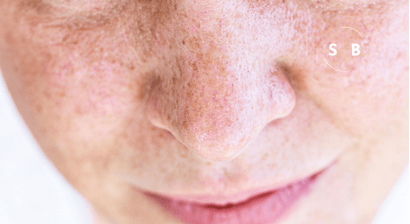
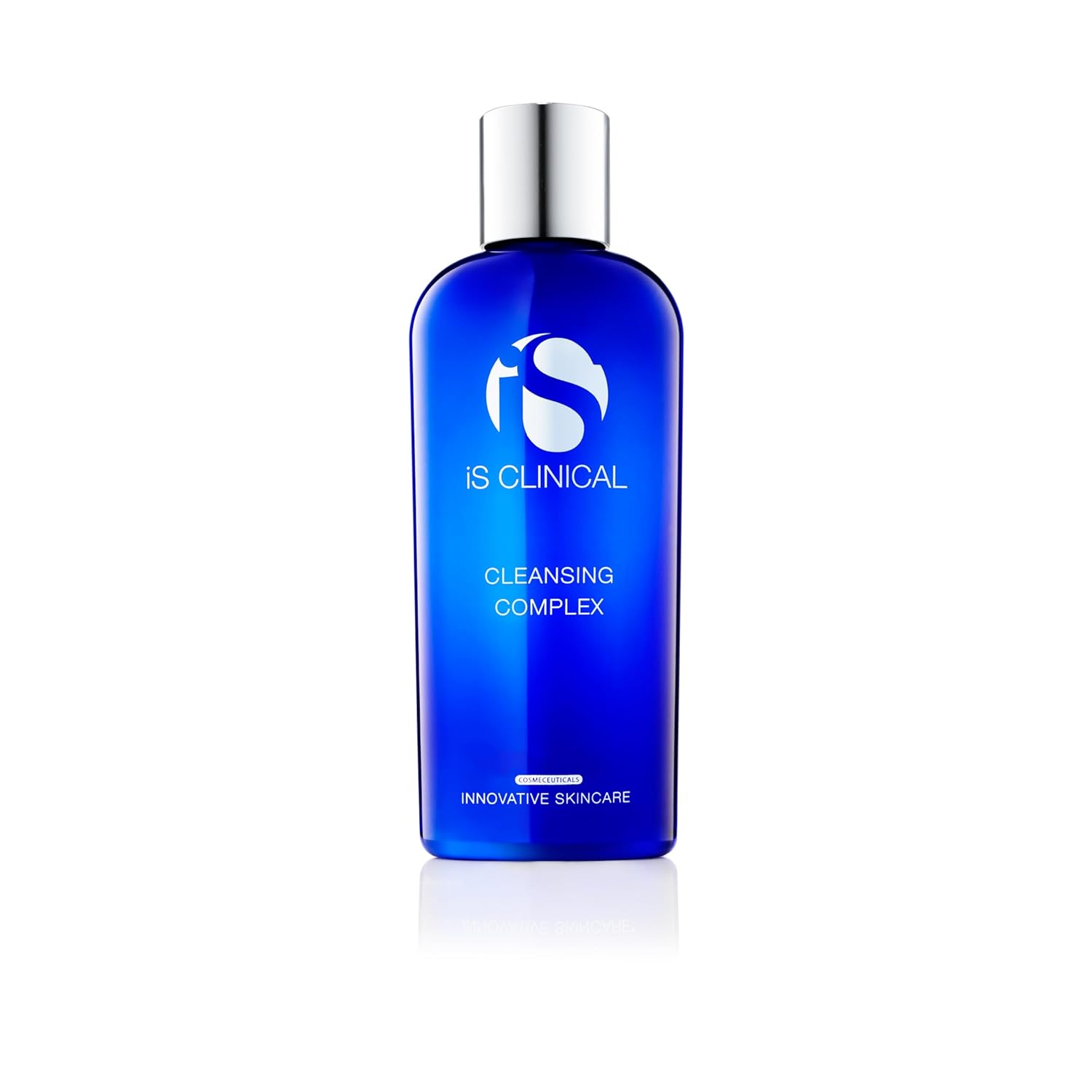
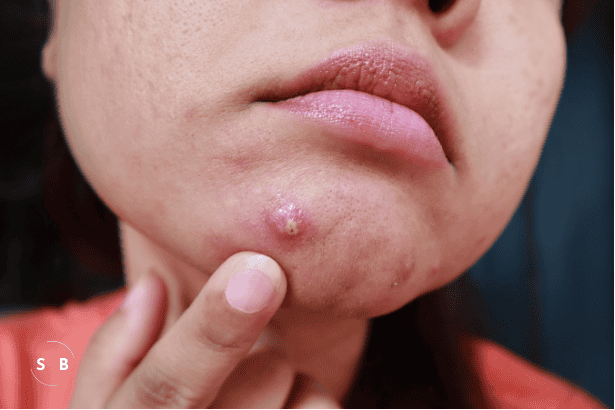
Leave a Reply